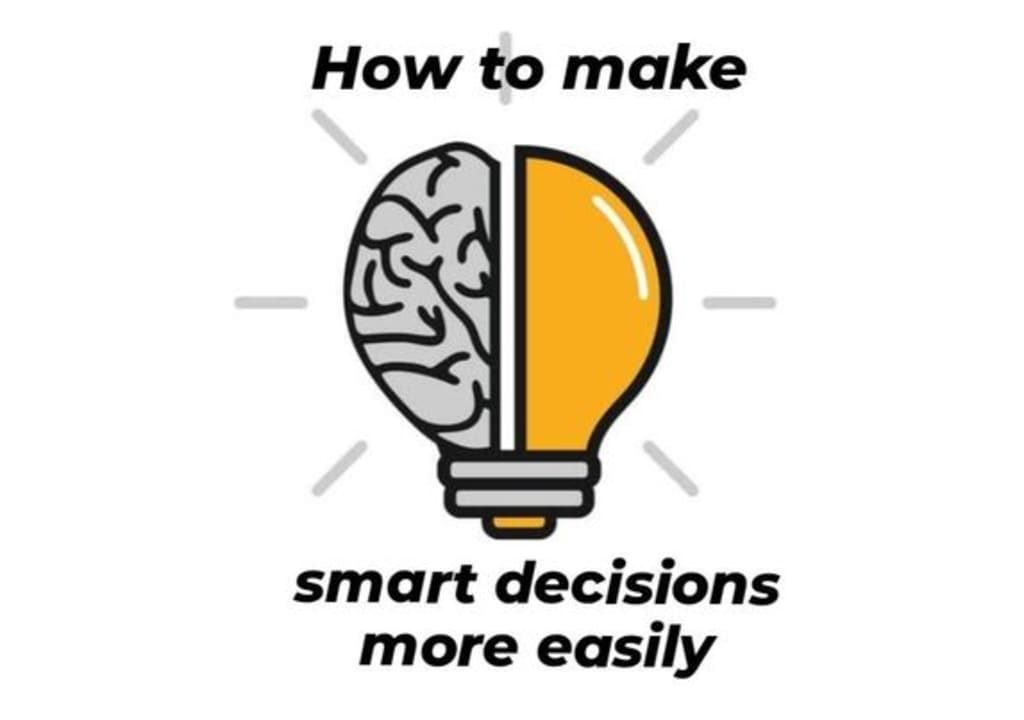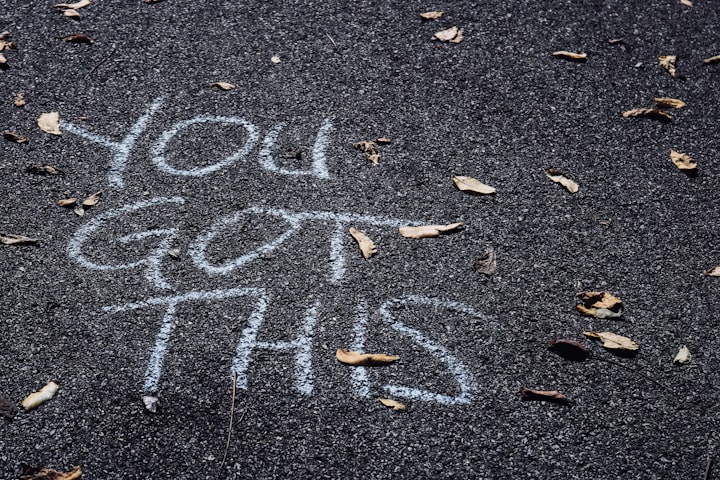How to make smart decisions more easily
bust the myths!

Diving into the labyrinth of decision-making intricacies, our exploration begins with a fascinating revelation from a 2011 study that unveils the profound impact of timing on the outcomes of critical decisions. As we dissect the surprising role of time in shaping our choices, we unravel the layers of a phenomenon known as decision fatigue and its far-reaching implications. Join us on this intellectual journey as we navigate the complex landscape of human decision-making and the temporal nuances that influence our judgment.
In a groundbreaking study conducted in 2011, researchers delved into the intricacies of decision-making by closely observing a group of judges tasked with determining whether to grant parole to incarcerated individuals. While conventional factors like the gravity of the crime, the duration of the sentence, and the conduct of the prisoner were integral to the process, an unexpected variable emerged as a pivotal influencer: the time of day.
The researchers discovered a fascinating pattern – individuals who presented their cases in the morning were significantly more likely to be granted parole compared to those appearing in the afternoon, even when their circumstances were nearly identical. This seemingly inexplicable phenomenon was attributed to a psychological concept known as decision fatigue. This phenomenon arises from cognitive exhaustion, a condition that manifests after an extended period of decision-making.
Decision fatigue can result in impulsive and less assured decision-making, particularly in high-stakes scenarios such as parole hearings. While the precise origins of decision fatigue remain elusive, research suggests that individuals possess a daily threshold for decision-making. Once this threshold is reached, individuals tend to refrain from making further decisions until the next day, possibly to conserve mental energy and avoid the negative consequences associated with decision exhaustion.
The speed at which this decision threshold is reached is contingent on various factors, including the frequency, complexity, and novelty of the decisions made. For instance, decisions like choosing what to eat for breakfast, a relatively simple and routine choice made once a day, typically demand minimal mental energy and are unlikely to contribute significantly to decision fatigue.
Understanding decision fatigue has far-reaching implications, especially in contexts where critical decisions are made regularly. The research underscores the importance of timing in decision-making processes and prompts a deeper exploration of how external factors, beyond the immediate circumstances of a case, can influence the outcomes of significant decisions.
The implications extend beyond the legal realm, permeating various aspects of daily life and professional spheres. Individuals grappling with decision fatigue may find themselves prone to hasty choices or procrastination, potentially impacting the quality and efficacy of their decisions. Recognizing the existence of decision fatigue prompts a reconsideration of decision-making structures and the implementation of strategies to mitigate its effects.
In essence, the study illuminates the intricate interplay between the human mind and the temporal context in decision-making. As society continues to grapple with the challenges of navigating an increasingly complex world, the awareness of decision fatigue becomes a valuable tool for enhancing the quality of decisions and, ultimately, the well-being of individuals and communities alike.
In concluding our exploration into the intricate dance between time and decision-making, we find ourselves at the crossroads of awareness and insight. The revelations of decision fatigue prompt us to reflect on the temporal dimensions that shape our choices. As we navigate the maze of daily decisions, let us carry this newfound understanding into our lives, fostering thoughtful and deliberate choices that contribute to our well-being and the fabric of the societies we shape. The intersection of time and decision-making is a fascinating juncture, and the journey to unravel its mysteries continues as we stride into a future where awareness becomes the compass guiding our path through the complex terrain of choices.
About the Creator
Carolina Hugo
Hello. I have been writing articles for years and am interested in different aspects to write about. I draw inspiration and knowledge from psychology, esotericism, travel, and the way people live






Comments
There are no comments for this story
Be the first to respond and start the conversation.